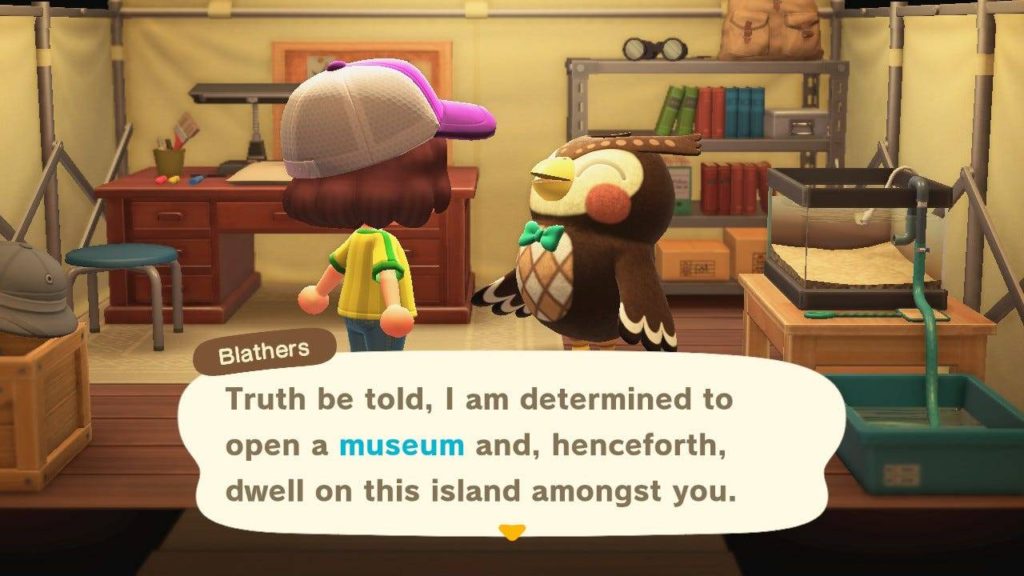"A new command I give you: Love one another. As I have loved you, love one another. By this everyone will know that you are my disciples, if you love one another." (John 13:34-35 NIV)
Three times in as many sentences, Christ implores us to love one another. He even establishes the standard: as I have loved you. Let’s consider it how has Christ loved us?
patiently
sacrificially
faithfully
enthusiastically
completely
endlessly
optimistically
intentionally
In my Emotionally Healthy Relationships reading this morning, the work of Jewish theologian Martin Buber is cited extensively. Buber proposed the difference between I-it relationships and I-Thou relationships. I-it makes self the central character. I-it interactions with others are transactional only, a means to an end. When we can grow into I-Thou relationships, we treat others with respect, even honor. We see them as souls to be tended to, not obstacles in our way. When we acknowledge the soul of another, we create sacred space between us and them for God to occupy.
“The central tenet of Buber’s life work was that the I-Thou relationship between persons intimately reflects the I-Thou relationship humans have with God. Genuine relationship with any Thou shows traces of the “eternal Thou.” This helps to explain why it is a powerful experience when we listen deeply to someone. When genuine love is found in a relationship, God’s presence is manifest. The space that one separated us becomes sacred space.” (Peter Scazzero)
This is an ah-ha moment for me. Thanks to my early encounters with Mister Rogers, I’ve long believed that listening is the first step in loving. Today I’m beginning to understand that listening; intently tending to the words and feelings of others, is the loudest way we can live out the love of God. It’s even how we invite Him into our relationship space. I want to learn to do this better.
In my early twenties, my husband and I were on a youth leader’s retreat with our local church. I don’t remember a single teaching from the weekend, or even the location of the event itself, but I do recall a two hour lunch conversation in the midst of it. We were new to the group and had randomly sat with a retired widow and a man in his forties. The age gap seemed impassible, but someone had the courage to ask: “What is your story?” We went around the table and shared our personal histories: time and place of birth, core memories, primary years, educational experience, defining moments of faith, selection of spouse, addition of children, career motivation… all of it. Every person at the table had opportunity to hear and be heard. Each soul felt seen and valued. The space between us became scared.
Our society abounds with I-it relationships everywhere. I-it is the relational kiddie pool most Americans prefer to wade in. My son labels this level of co-existence a non-playable-character paradigm. He’s a gamer and in video games, there are two types of people: those you can control or play, and those that simply exist. Computer programmed characters are unplayable, thus the term Non-Playable Characters (NPC’s). The recent blockbuster, Free Guy, featured an NPC who stunned the world by having feelings.
Whether a person is playing Grand Theft Auto or Animal Crossing, the secondary figures are soul-less. They are collections of data walking on the street or driving vehicles. These entities are filler, obstacles and potential casualties as the main player moves on in unabated his engrossing pursuit of the next level. These NPC’s reset every time the game beings again, they are rote and unchanging.

My son is astute. Egocentricity is endemic in our post-covid existence. Our individual yet collective quarantine has scarred us deeply. We’ve emerged from our couches and houses even more inward-focused. The Non-Playable-Character paradigm has filtered in to real life. Our increasingly narcissistic society views self as the epic-center of existence and everyone lesser as obstacles to the main objective: leveling up. People drive like the other cars contain NPC’s that will reset after they leave the scene. I hear this NPC mindset seeping into interactions at the coffeeshop, grocery store and gas-pump. Others are being reduced to mere impediments in our all-consuming pursuit of self.
Friend, this is so far from how God has created us to live. He has designed us to be image-bearers: to recognize and call out the God-design in ourselves and others. Today Martin Buber reminds me: listening is holy work. Of course it is hard. Holy and hard almost always hold hands.
Listening is still the first step in loving and loving is how the wold will know we belong to Jesus. It’s worth our best effort! One conversation can be powerful enough to change a life, especially if we’ll take the time to listen and treasure the one who is talking.
"My brothers and sisters, take note of this: Everyone should be quick to listen..." (James 1:19 NIV)
"Above all love each other deeply..." (1 Peter 4:8 NIV)
Who can you listen to today?
Who is in front of you now? In your house? In your workspace?
In your yard? In your classroom? In your line? In your way?
How can you remind yourself, they are non NPC’s but SOULS
crafted in the very image of God and in need of attention?
How might listening prove your love?
Lord, help us. We are a society of atrocious listeners. We have a tendency to tune out what is important and tune in to what is trivial. Forgive us. Help us feel today the priority of the souls around us. May we treat the as You treat them: lovingly, patiently, faithfully, sacrficially, enthusiastically, endlessly and optimistically. Reverse our thinking. Moves us from I-it to I-Thou. May others be seen by us with ever-increasing significance. Amen.